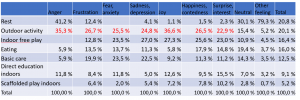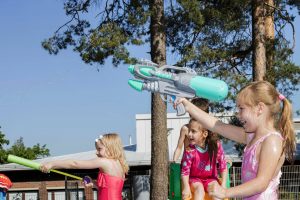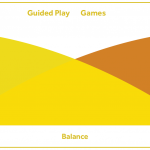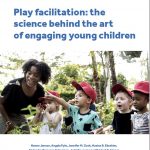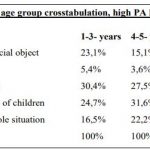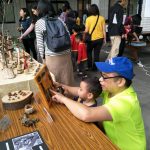The dissertation of Jouni Veijalainen will be held at Hall 302, Siltavuorenpenger 3 A, Athena Building. The opponent is Professor Elina Kontu, University of Tampere, and the custos is Professor Lasse Lipponen.
Jouni’s work is made from the data of the Progressive Feedback. Jouni has been involved in all stages of the process: data collection, data preparation, organization, and staff training. Jouni’s work highlights the multifaceted connections of self-regulation to a child’s well-being and the role of early childhood education in it.
The dissertation is published in the series Educational Research. The dissertation is also an electronic publication and can be read on the E-thesis service. Unfortunately, the summary is in Finnish, but all the articles are in English.
